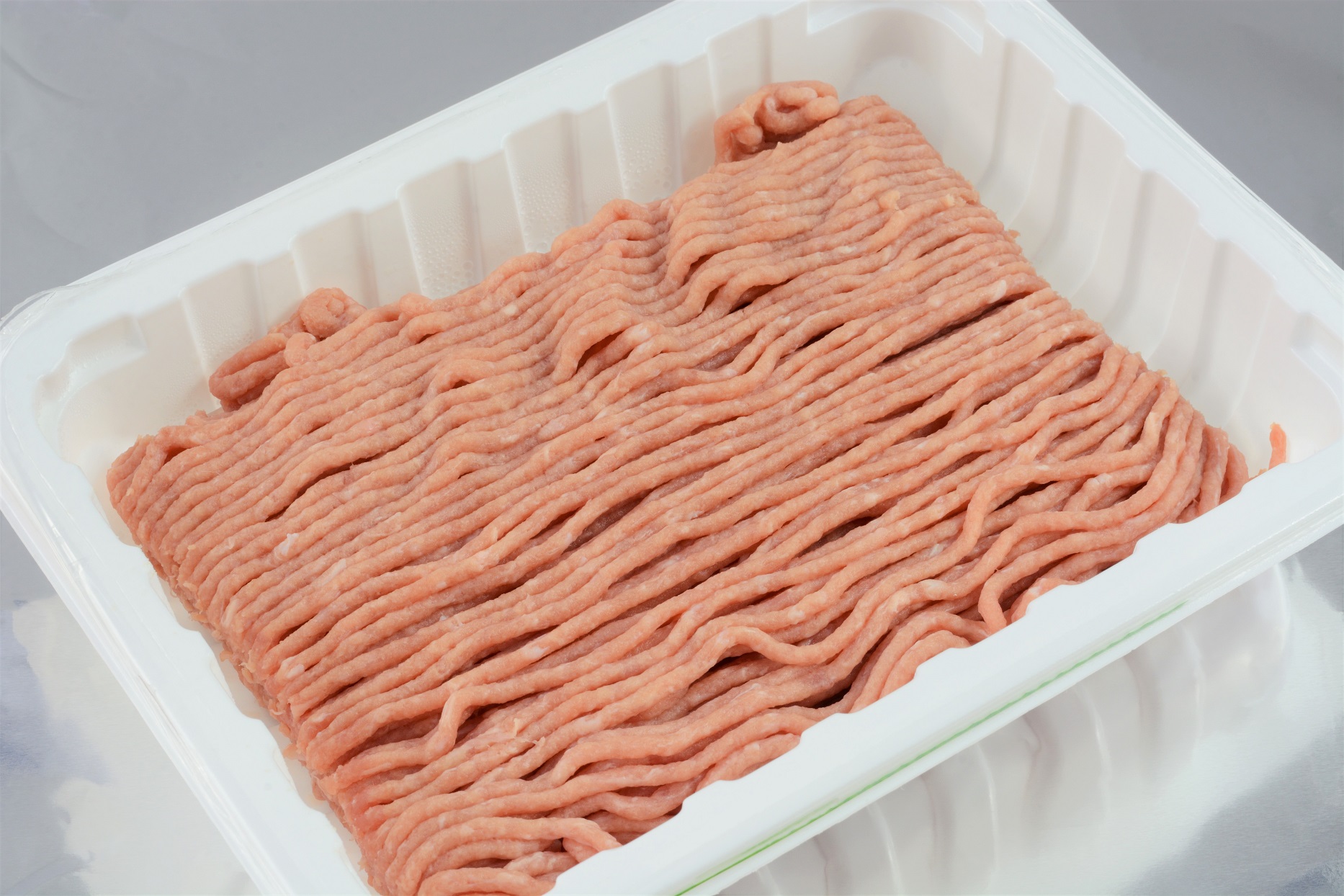
Butterball has issued a recall on over 78,000 pounds of raw ground turkey because it might be contaminated with Salmonella, according to the USDA.
The raw ground turkey was produced last July, so luckily it wouldn't be something you picked up at the store this week. However, you should check your freezers if you keep ground turkey in there to thaw for easy dinners.
The recall includes different package sizes and different fat percentages (some 85% lean, some 93% lean) of ground turkey that had been shipped nationwide. Check your freezer for Butterball and also Kroger and Food Lion ground turkey with a sell or freeze by date of 7/26/18. including:
If you find the recalled ground turkey in your freezer, do not eat it. Throw it away or bring it back to the store where you purchased it.
The CDC, along with the Wisconsin Department of Health Services has been looking into a Salmonella outbreak that caused five people to fall ill in two different states. When they looked at Butterball ground turkey samples, they found they were contaminated with Salmonella.
The bacteria Salmonella cause salmonellosis, an infection with symptoms including diarrhea, fever and vomiting. Symptoms may first appear 12 to 72 hours after infection, and they can last for four to seven days. Most people recover without needing medical treatment but some cases require treatment. Some people are also more at risk—such as infants and older adults—for severe cases and symptoms because their immune systems aren't as strong. If you're worried that you may have been infected, call your doctor.
The most common food sources of Salmonella bacteria are raw or undercooked chicken, turkey, pork, beef and fish. Salmonella may also be found in eggs, raw milk and cheese.
In light of the multiple food recalls we have seen this year, remember to always wash your hands when handling raw meats. Cook poultry, including ground turkey, to an internal temperature of 165°F. And help prevent avoiding cross-contamination by washing any surface that raw meat has touched including cutting boards, knives and counter tops. (see 5 ways to help reduce your risk of food poisoning.)

